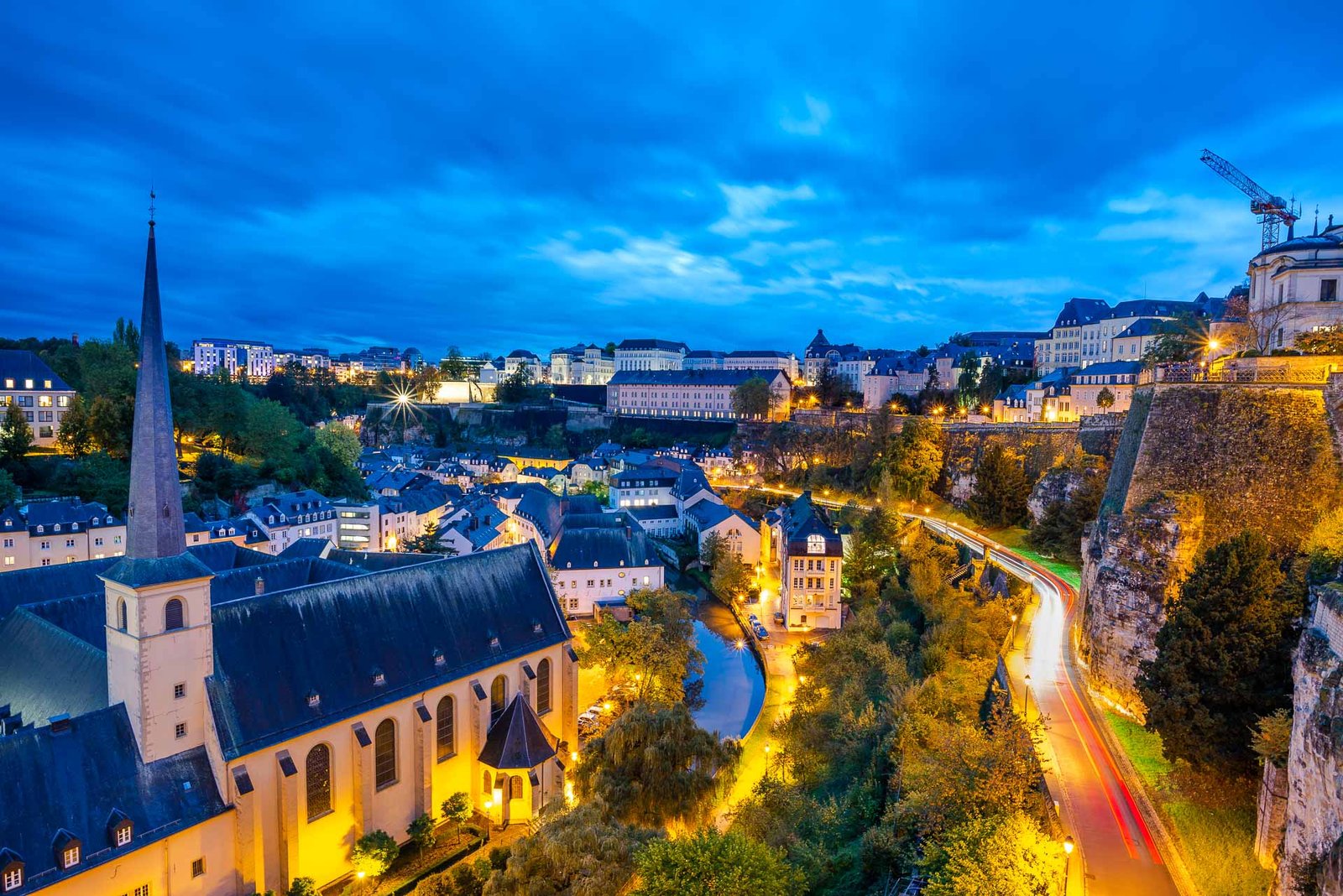Nestled in the heart of Europe, the Grand Duchy of Luxembourg stands as a tranquil oasis surrounded by larger, more boisterous neighbors. Despite its modest size, this small nation holds a remarkable history, distinguished religious heritage, and a unique cultural identity that has contributed to its reputation as a peaceful nation.
From its ancient origins to its modern-day status as a global financial center, Luxembourg’s journey through time is a testament to resilience, diplomacy, and unity. In this article, we will explore the captivating history, religious significance, cultural richness, and delectable cuisine that make Luxembourg a truly exceptional European nation.
Historical Background
The history of Luxembourg stretches back to Roman times, with the founding of the Celtic settlement known as “Lucilinburhuc” in the first century AD. Over the centuries, Luxembourg was ruled by various powers, including the Franks, Burgundians, and the Habsburgs, each leaving their mark on the region. However, it was in the 10th century when Count Siegfried of Ardennes established the foundation for the modern state, constructing the imposing Luxembourg Castle around which the city of Luxembourg would emerge.
In the following centuries, Luxembourg’s strategic location made it a coveted territory, leading to its division among various European powers. It was only in 1839 that Luxembourg finally gained independence, and the current form of the Grand Duchy was established. Since then, Luxembourg has embraced a policy of neutrality, choosing to remain uninvolved in military conflicts, further bolstering its reputation as a haven of peace.
Religious Significance
Religion has played a significant role in shaping Luxembourg’s history and culture. The country is predominantly Roman Catholic, with a majority of the population adhering to the faith. The influence of Catholicism can be seen in the numerous religious buildings that dot the country’s landscape, including stunning cathedrals, chapels, and abbeys.
One of the most important religious sites in Luxembourg is the Notre-Dame Cathedral in Luxembourg City. This Gothic masterpiece, dating back to the 17th century, serves as the seat of the Archdiocese of Luxembourg and is a symbol of the nation’s deep-rooted religious traditions.
Cultural Richness
Despite its small size, Luxembourg boasts a diverse and vibrant cultural scene. The country’s unique blend of French, German, and Luxembourgish influences is evident in its language, customs, and traditions. Luxembourgish, a Germanic language, serves as the national language and is spoken by the majority of the population.
Luxembourg’s commitment to preserving its cultural heritage is demonstrated through its thriving arts and music scene. The Philharmonie Luxembourg, a state-of-the-art concert hall, regularly hosts world-class performances, attracting artists and music enthusiasts from around the globe. Additionally, the city of Luxembourg was designated as a European Capital of Culture in 1995, further promoting its cultural diversity and creativity.
Cuisine
Luxembourg’s culinary landscape reflects its historical and cultural influences, with a delectable array of dishes that cater to diverse palates. Traditional Luxembourgish cuisine is characterized by hearty and flavorsome recipes, often influenced by German and French cooking styles.
One of the most beloved dishes in Luxembourg is “Judd mat Gaardebounen,” a hearty meal featuring smoked pork collar served with broad beans and potatoes. Another local favorite is “Kniddelen,” small dumplings often served with bacon and a creamy sauce. Luxembourg is also famous for its artisanal cheeses, which are often accompanied by a fine selection of wines from the Moselle region.
The Quest for Peace
Luxembourg’s commitment to maintaining peace has been evident throughout its history. The country has long pursued a policy of neutrality, refusing to engage in military alliances and conflicts. This approach was cemented in the Treaty of London in 1867, which declared Luxembourg’s perpetual neutrality and the dismantling of its formidable fortifications.
Furthermore, Luxembourg has actively contributed to international peacekeeping efforts and humanitarian aid missions. The country is a strong advocate for diplomacy and dialogue, positioning itself as a mediator in international conflicts and disputes.
Conclusion
Luxembourg, with its compelling history, rich religious heritage, diverse culture, and delightful cuisine, stands as a remarkable European nation. Its commitment to peace and diplomacy has earned it a special place in the hearts of many worldwide.
From the ancient castle to the modern financial hub, Luxembourg’s journey reflects a tale of resilience, cooperation, and unity. As this small but captivating country continues to evolve, it remains an inspiration to the world, proving that peace and prosperity are attainable through a steadfast commitment to dialogue, diplomacy, and understanding.

